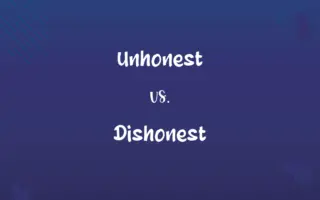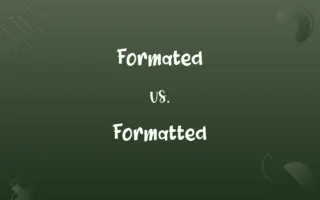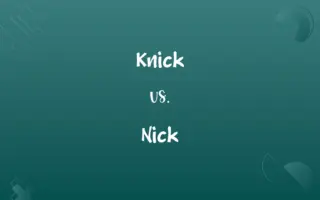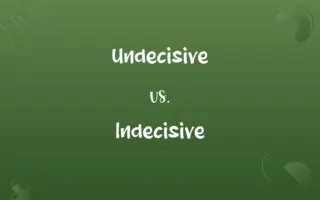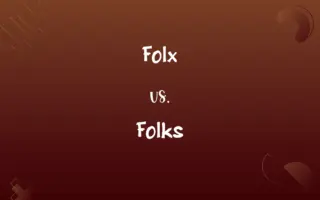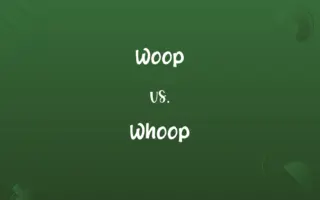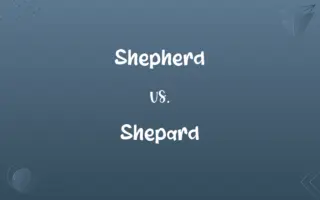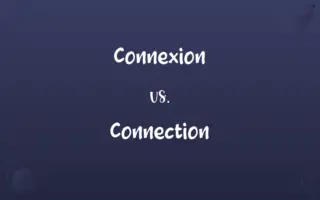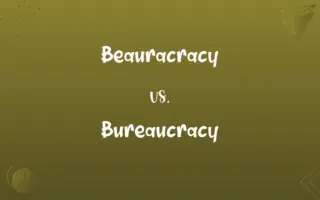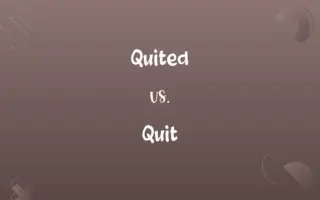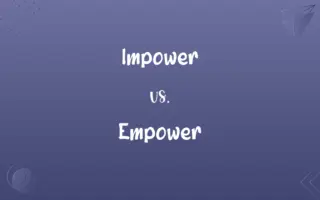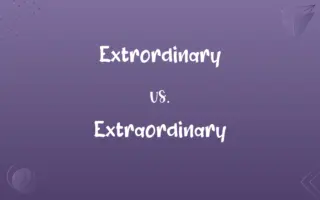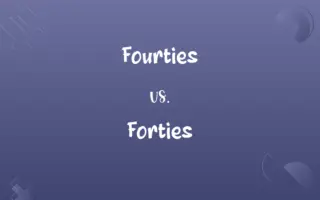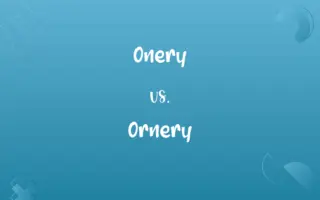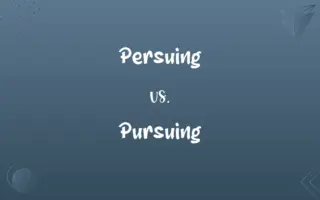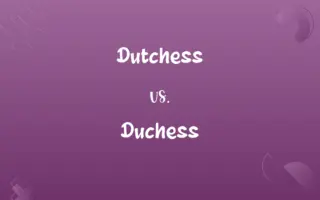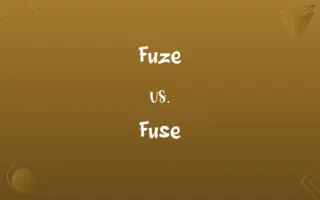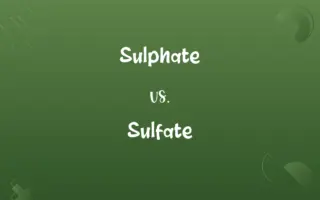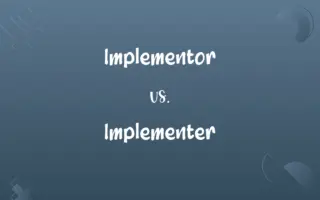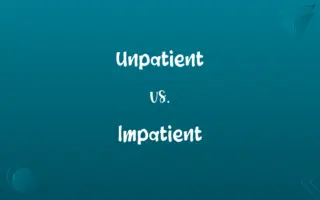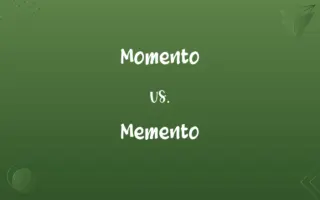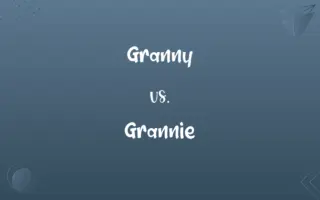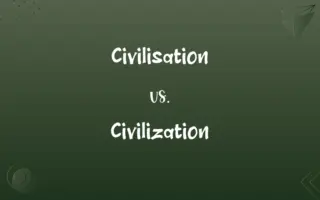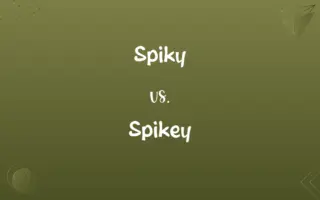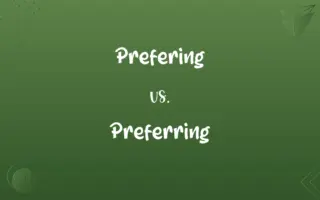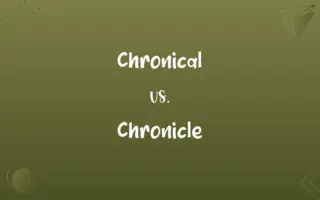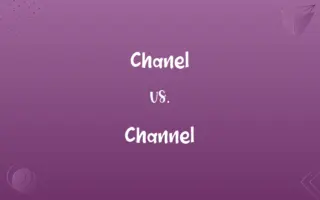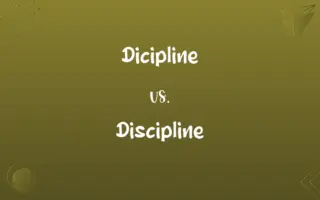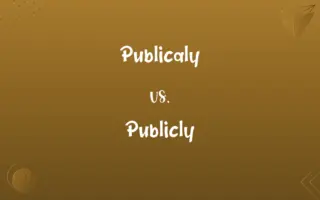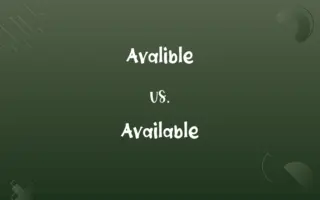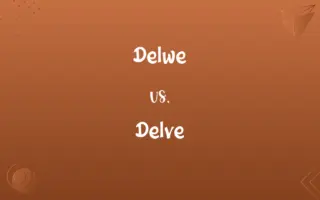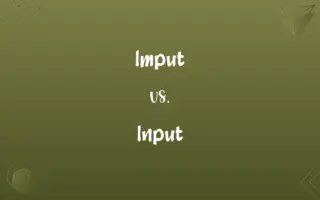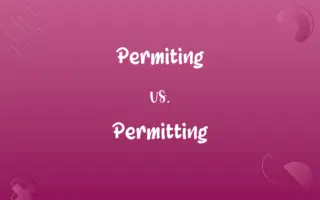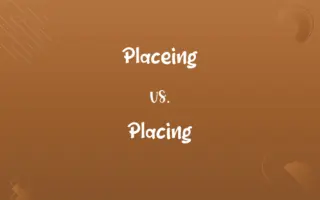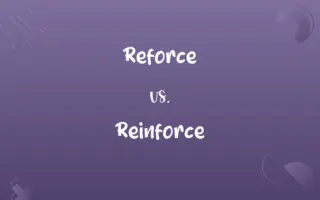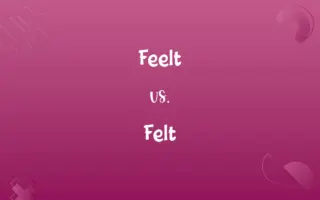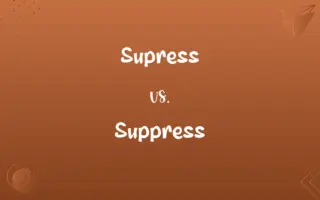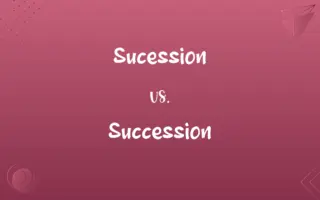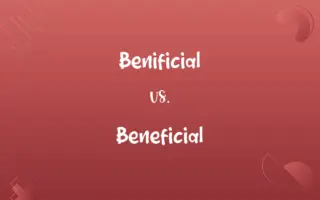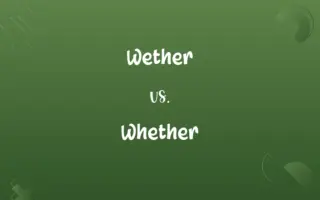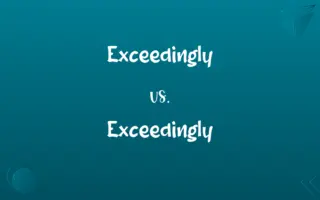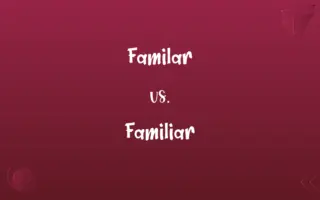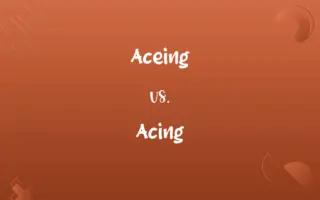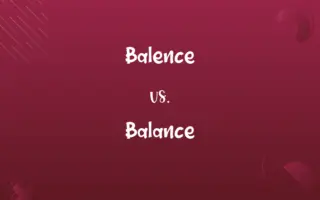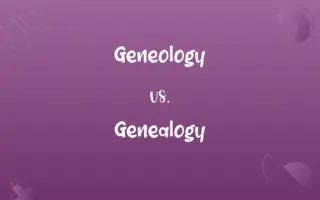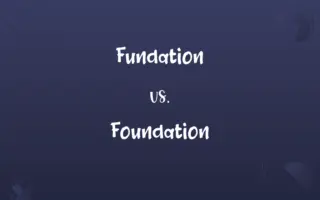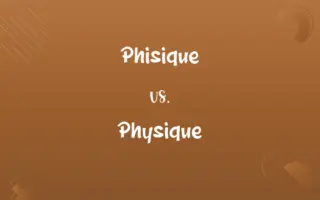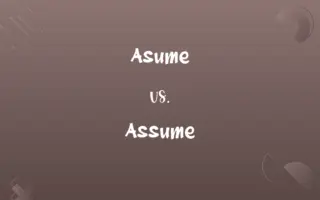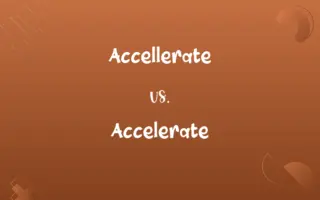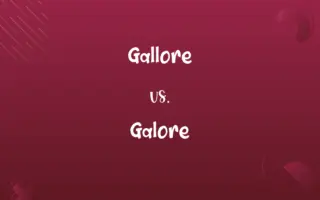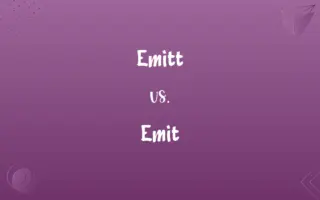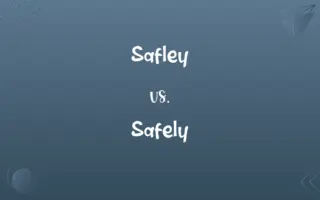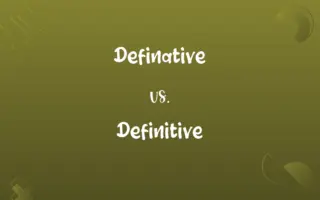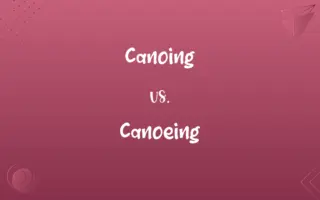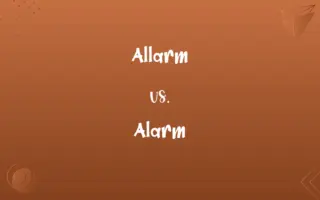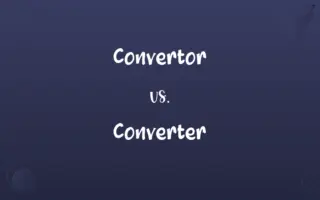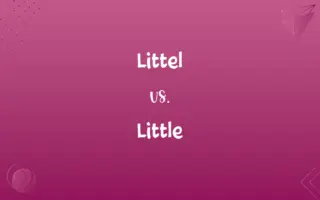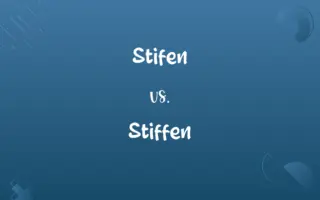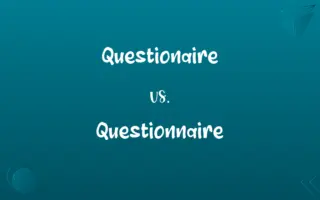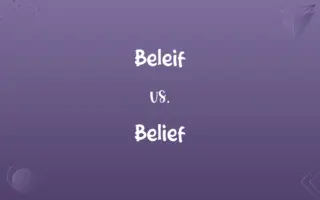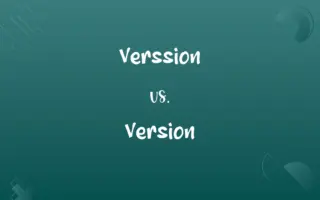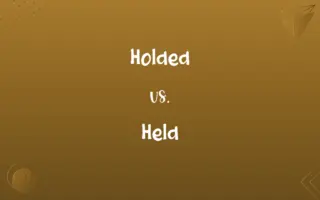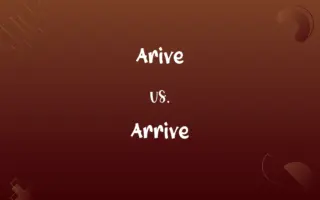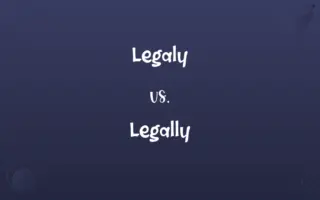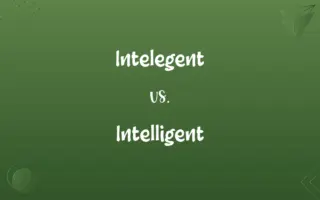Wholely vs. Wholly: Decoding the Right Spelling

By Shumaila Saeed || Published on December 27, 2023
Wholely is incorrect spelling while Wholly is correct, meaning entirely or completely.
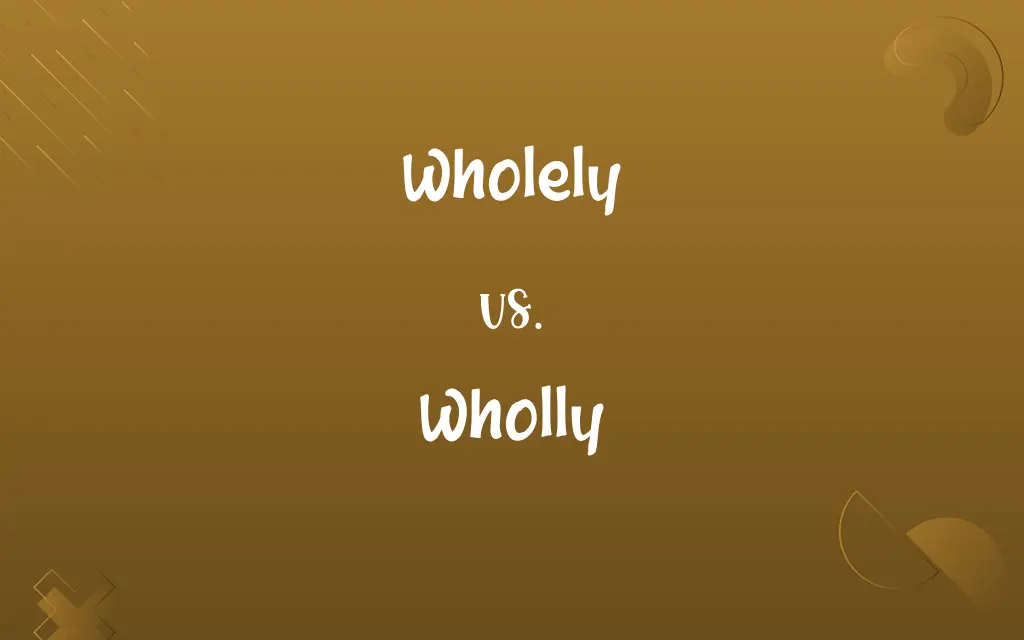
Which is correct: Wholely or Wholly
How to spell Wholly?

Wholely is Incorrect

Wholly is Correct
How to remember correct spelling of Wholly?
Associate "Wholly" with "holy", as both convey completeness and purity without the letter 'e'.
Shumaila Saeed
Dec 27, 2023
Link "Wholly" with "fully", both ending in 'ly' and denoting totality.
Shumaila Saeed
Dec 27, 2023
Remember that "Wholly" shares the 'wh' beginning with 'whole', emphasizing completeness.
Shumaila Saeed
Dec 27, 2023
Think of "Wholly" as a combination of 'whole' and 'ly', dropping the 'e' as in many adverbs.
Shumaila Saeed
Dec 27, 2023
Recall that "Wholly" is entirely made of "whole" plus 'ly', just as it means entirely or completely.
Shumaila Saeed
Dec 27, 2023
Wholly Definitions
Fully in all aspects, parts, or respects.
The project was wholly designed by the students, from concept to execution.
Shumaila Saeed
Dec 13, 2023
Completely, entirely, without exclusion or exception.
She was wholly committed to her studies, dedicating all her time to them.
Shumaila Saeed
Dec 13, 2023
In a manner that leaves nothing out; inclusively.
The novel was wholly based on historical events, capturing the era accurately.
Shumaila Saeed
Dec 13, 2023
To the full or entire extent, without partiality.
The decision was wholly supported by the committee, with no opposing votes.
Shumaila Saeed
Dec 13, 2023
Completely; entirely
"The old American purposes are still wholly relevant" (John F. Kennedy).
Shumaila Saeed
Oct 19, 2023
Exclusively; solely.
Shumaila Saeed
Oct 19, 2023
Completely and entirely; to the fullest extent.
Shumaila Saeed
Oct 19, 2023
In a whole or complete manner; entirely; completely; perfectly.
Nor wholly overcome, nor wholly yield.
Shumaila Saeed
Oct 19, 2023
To the exclusion of other things; totally; fully.
They employed themselves wholly in domestic life.
Shumaila Saeed
Oct 19, 2023
To a complete degree or to the full or entire extent (`whole' is often used informally for `wholly');
He was wholly convinced
Entirely satisfied with the meal
It was completely different from what we expected
Was completely at fault
A totally new situation
The directions were all wrong
It was not altogether her fault
An altogether new approach
A whole new idea
Shumaila Saeed
Oct 19, 2023
Exclusively; solely without sharing.
He was wholly responsible for the success of the event, managing every detail.
Shumaila Saeed
Dec 13, 2023
Repeatedly Asked Queries
What is the origin of "Wholly"?
"Wholly" originates from Old English 'halga', evolving to 'wholely' and finally to 'wholly', meaning entirely or completely.
Shumaila Saeed
Dec 27, 2023
Does "Wholly" have different meanings in different contexts?
"Wholly" retains its core meaning of 'entirely' or 'completely', regardless of context.
Shumaila Saeed
Dec 27, 2023
Has the spelling of "Wholly" changed historically?
Historically, "Wholly" evolved from 'wholely' to its current form, dropping the 'e'.
Shumaila Saeed
Dec 27, 2023
How can I effectively use "Wholly" in a sentence?
Use "Wholly" to emphasize total involvement, agreement, or composition in something, highlighting completeness.
Shumaila Saeed
Dec 27, 2023
What are some synonyms for "Wholly"?
Synonyms include entirely, completely, fully, and thoroughly.
Shumaila Saeed
Dec 27, 2023
Does the word "Wholly" imply a quantitative or qualitative measure?
"Wholly" typically implies a qualitative measure, emphasizing the extent or completeness rather than a specific quantity.
Shumaila Saeed
Dec 27, 2023
Is "Wholely" ever a correct spelling?
No, "Wholely" is not a recognized spelling in English; the correct spelling is "Wholly".
Shumaila Saeed
Dec 27, 2023
Is "Wholly" used the same way in American and British English?
Yes, the usage and meaning of "Wholly" are consistent in both American and British English.
Shumaila Saeed
Dec 27, 2023
Can "Wholly" be used in formal writing?
Yes, "Wholly" is appropriate for formal writing, often used to express completeness or entirety.
Shumaila Saeed
Dec 27, 2023
Is "Wholly" commonly used in everyday language?
"Wholly" is moderately common, particularly in formal or written contexts where total emphasis is needed.
Shumaila Saeed
Dec 27, 2023
How does "Wholly" differ from "Holy"?
While "Wholly" means entirely or completely, "Holy" refers to something sacred or religiously devout, despite their similar pronunciation.
Shumaila Saeed
Dec 27, 2023
How does "Wholly" compare to "fully"?
Both indicate completeness, but "Wholly" often emphasizes more on the aspect of entirety without division.
Shumaila Saeed
Dec 27, 2023
How is "Wholly" typically used in legal or business language?
In legal or business contexts, "Wholly" is used to signify full responsibility, ownership, or agreement.
Shumaila Saeed
Dec 27, 2023
Can "Wholly" and "partially" be used as opposites?
Yes, "Wholly" and "partially" are often used as opposites to differentiate between complete and partial involvement or agreement.
Shumaila Saeed
Dec 27, 2023
Can "Wholly" be used in a negative context?
Yes, "Wholly" can be used negatively, as in 'wholly unacceptable', emphasizing total disapproval.
Shumaila Saeed
Dec 27, 2023
Share this page
Link for your blog / website
HTML
Link to share via messenger
About Author
Written by
Shumaila SaeedShumaila Saeed, an expert content creator with 6 years of experience, specializes in distilling complex topics into easily digestible comparisons, shining a light on the nuances that both inform and educate readers with clarity and accuracy.
